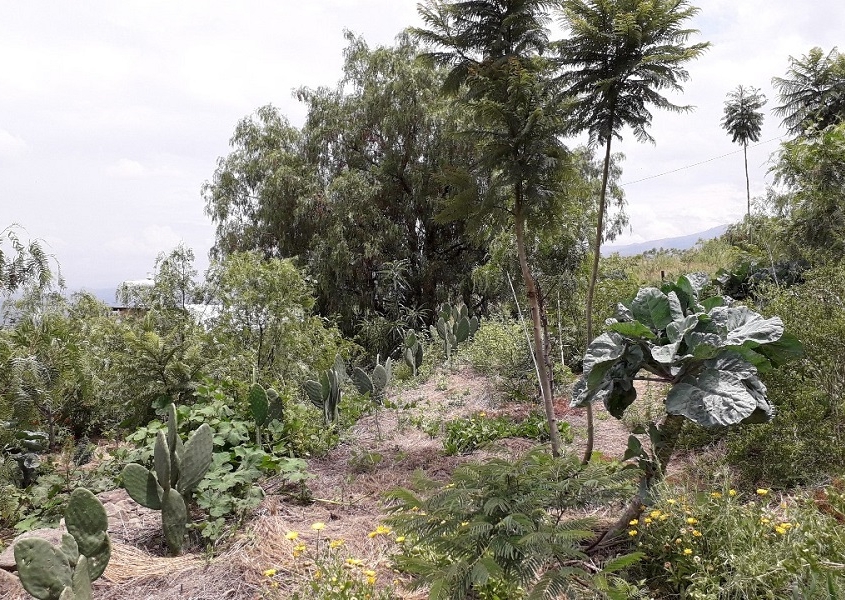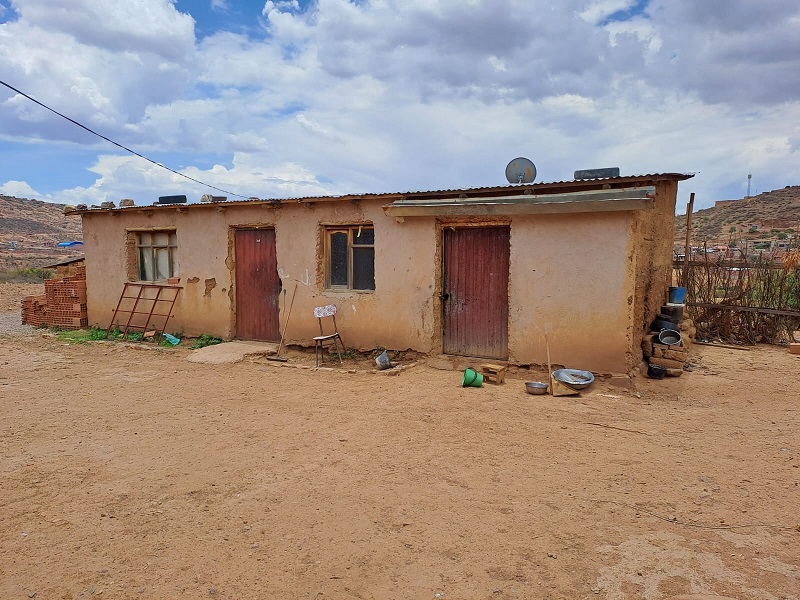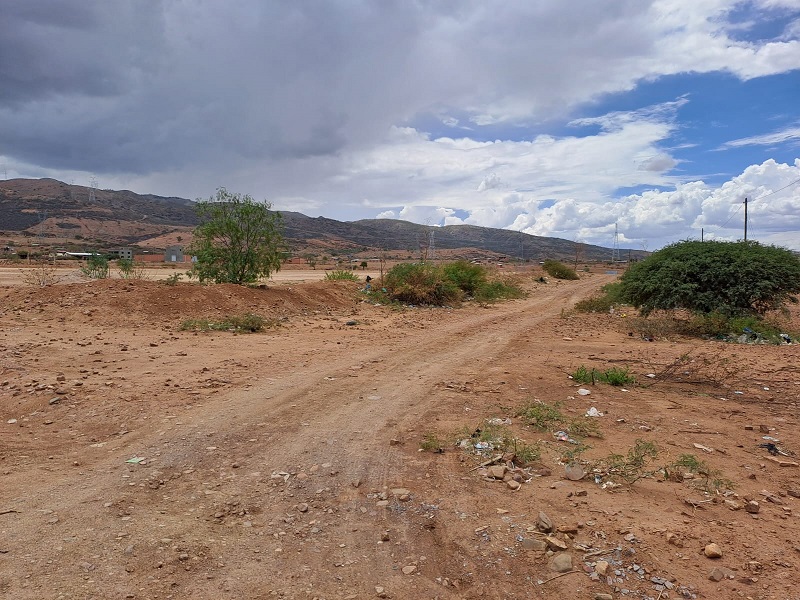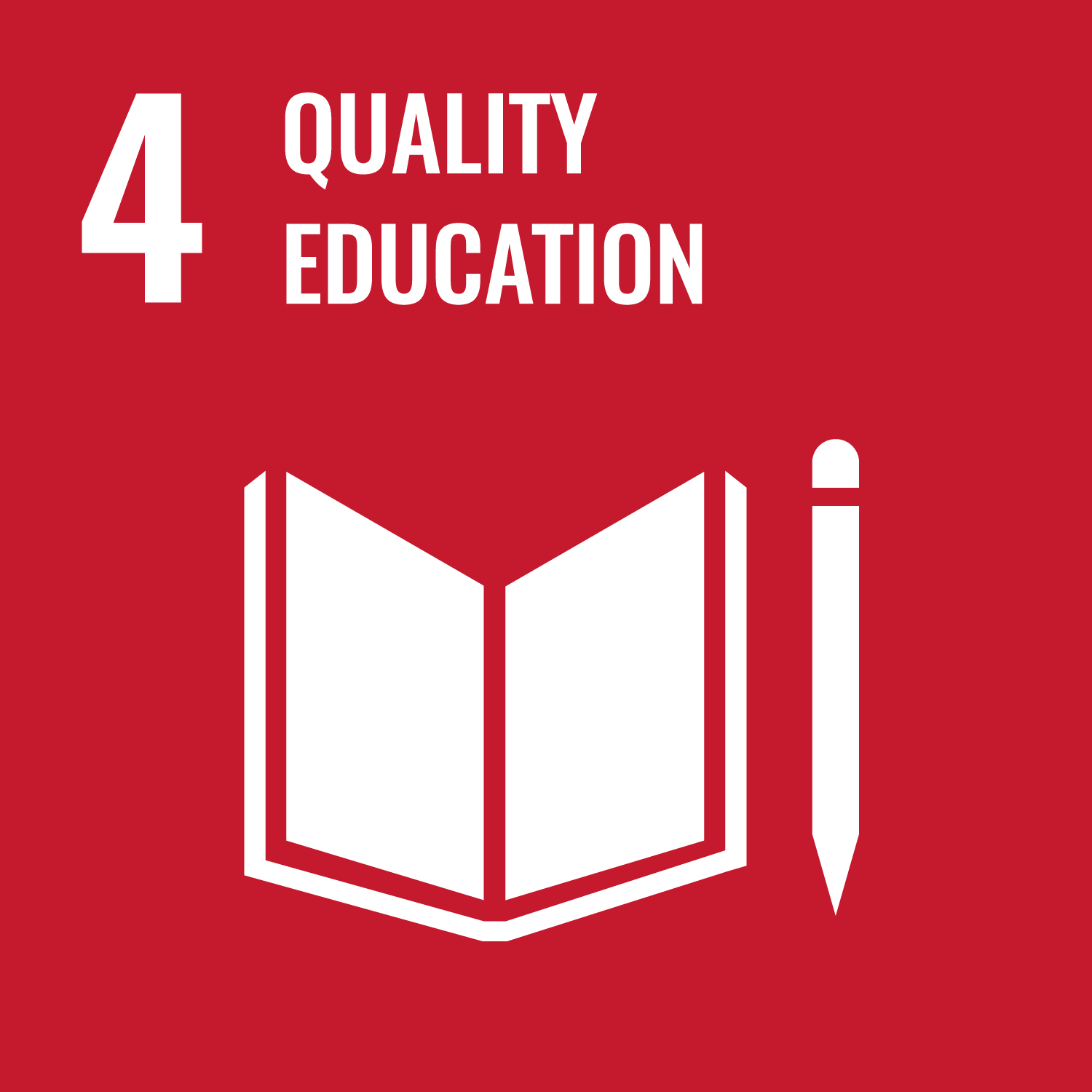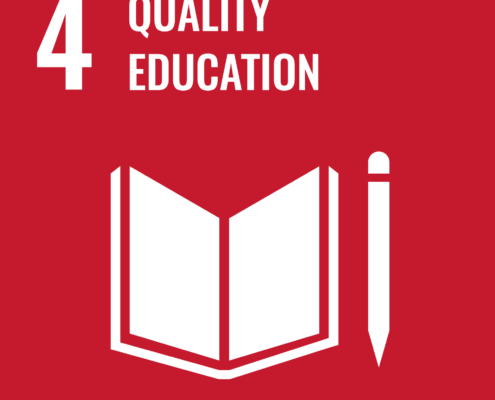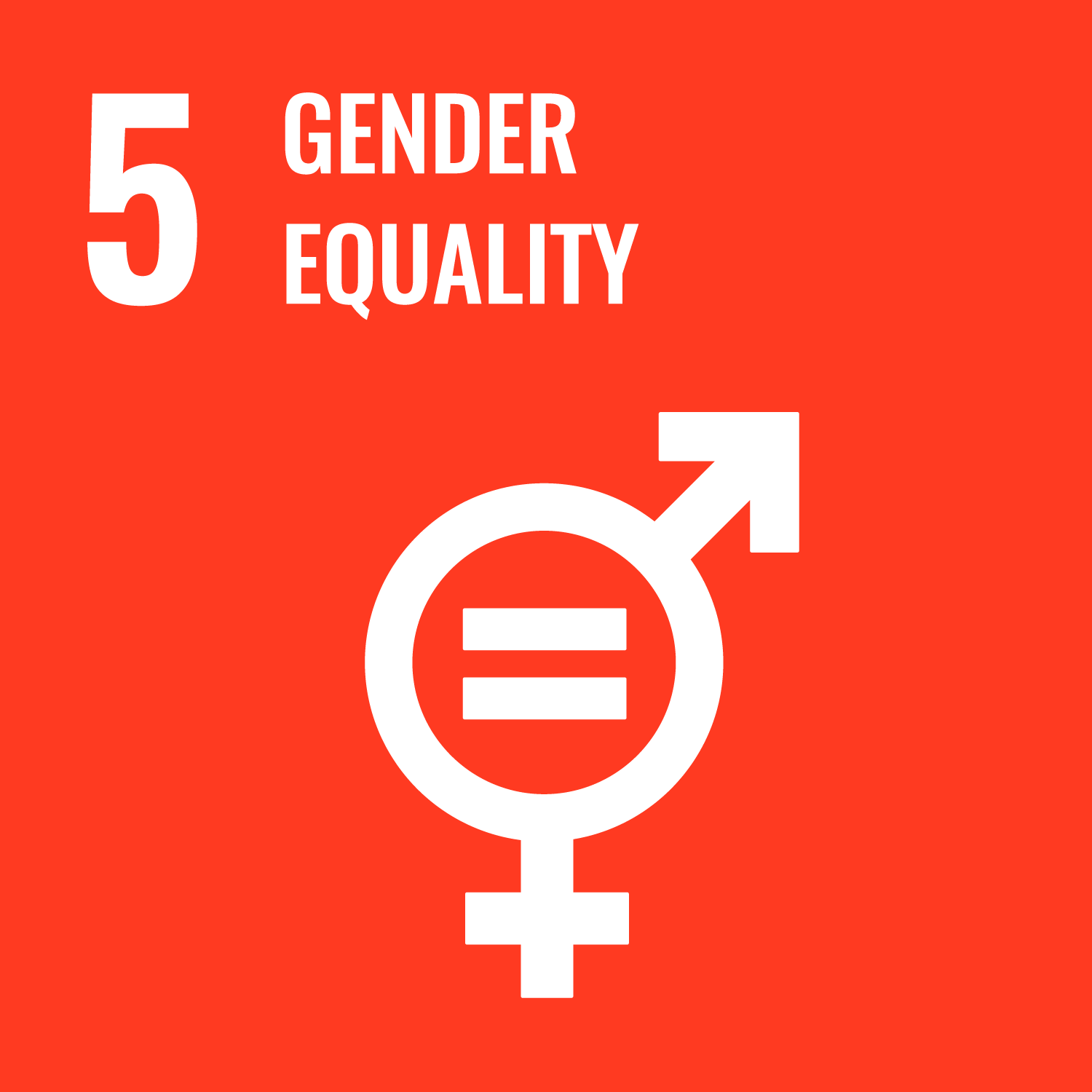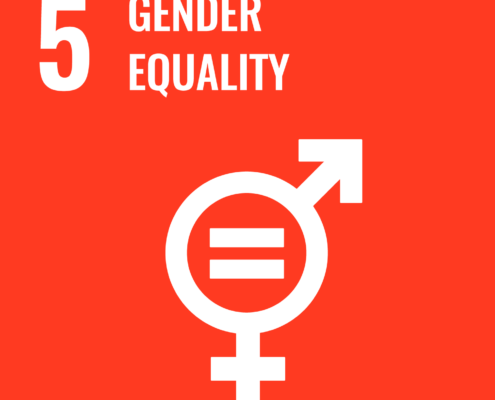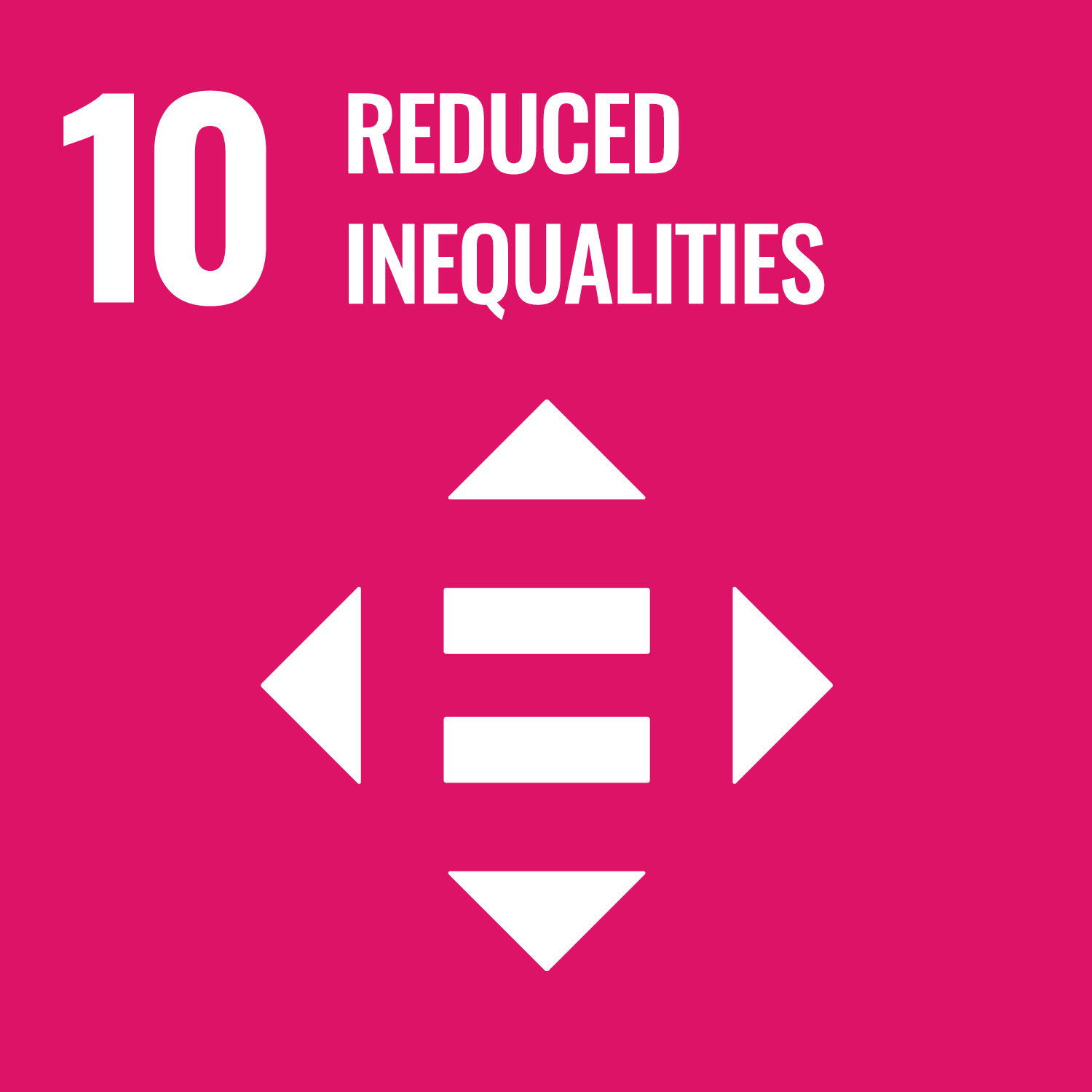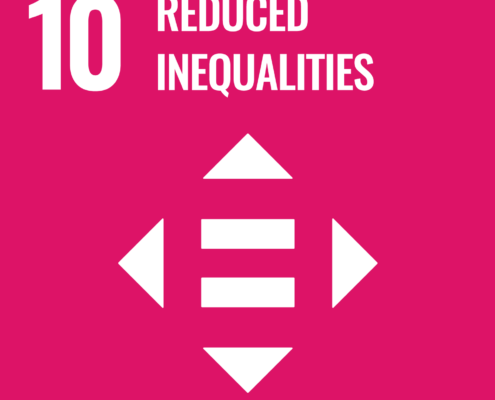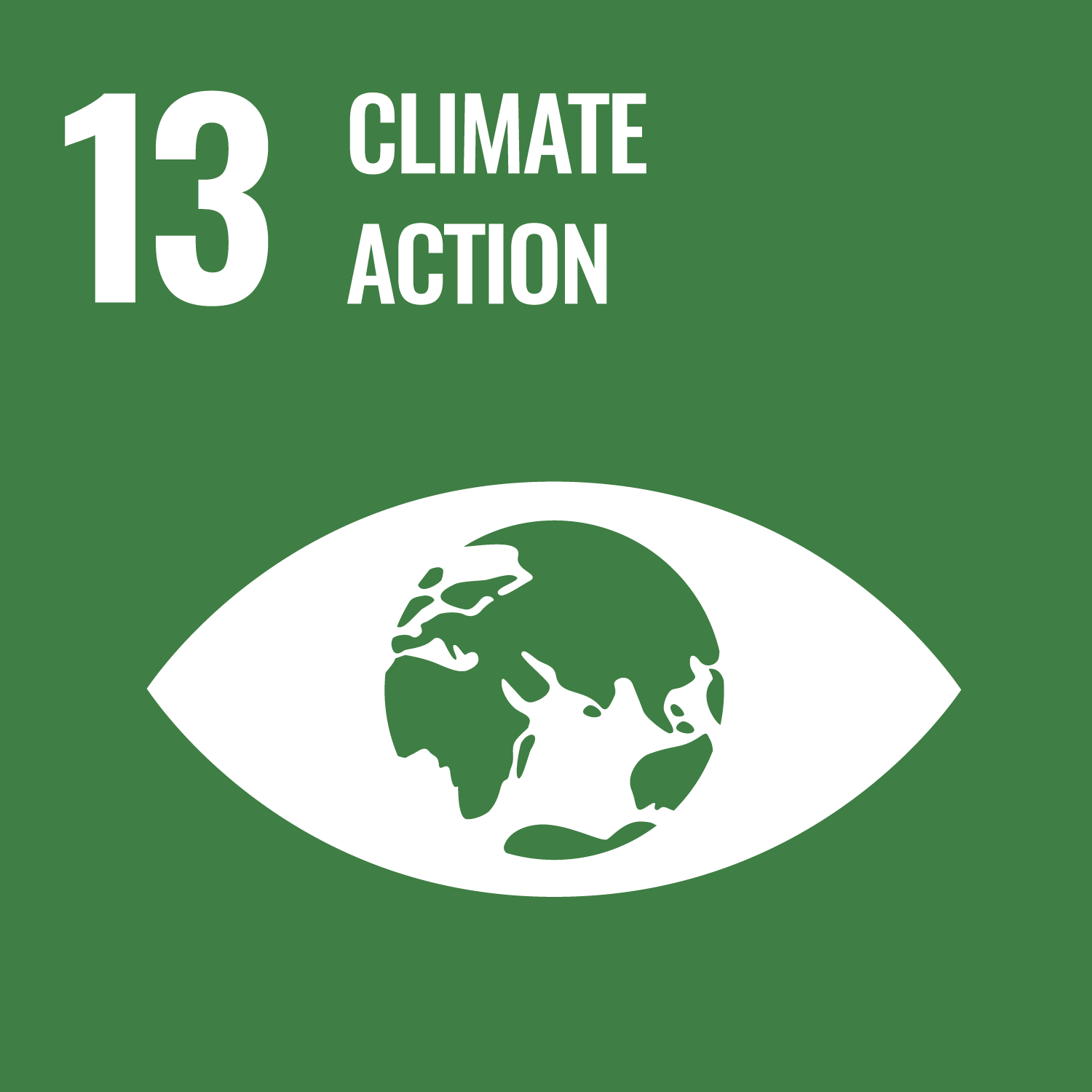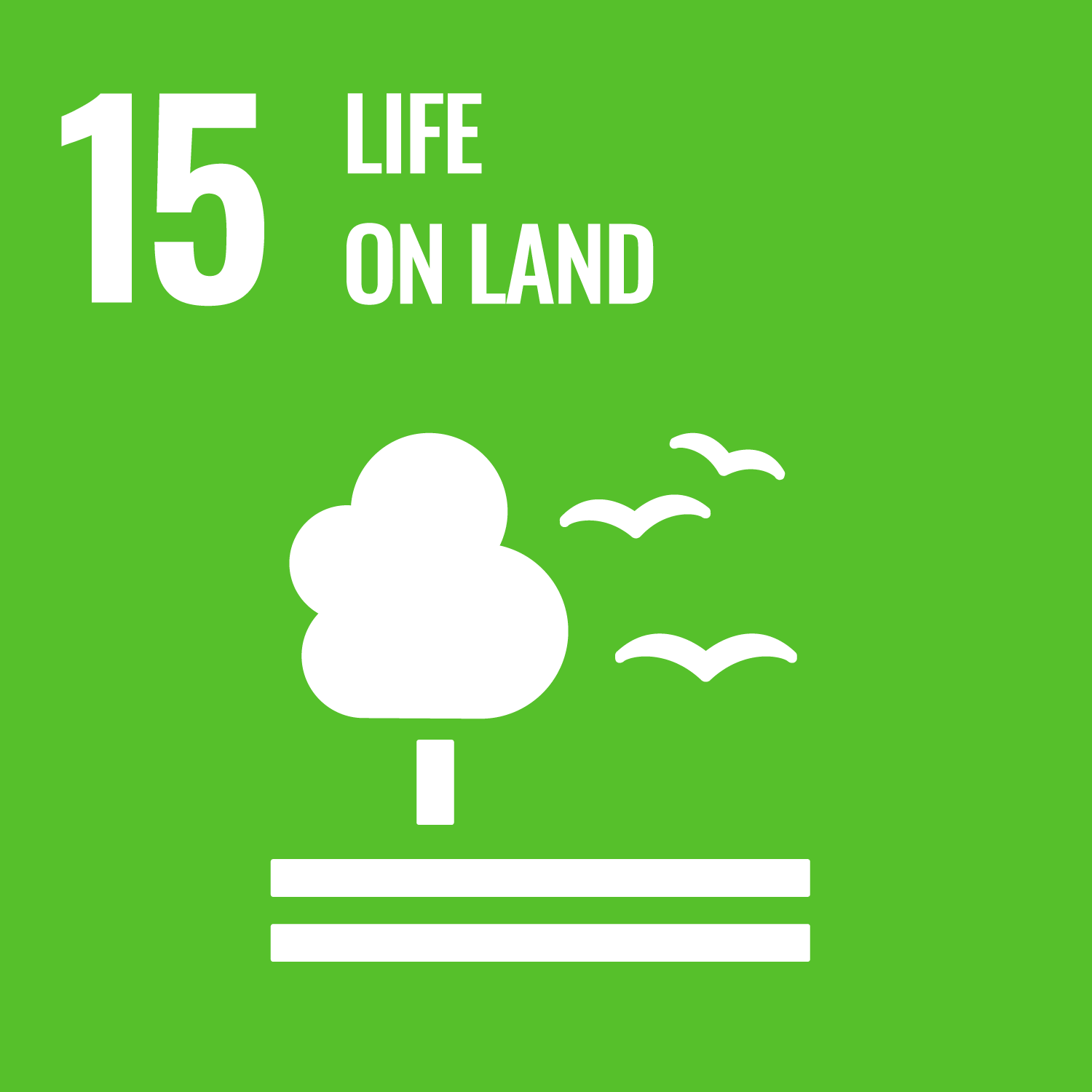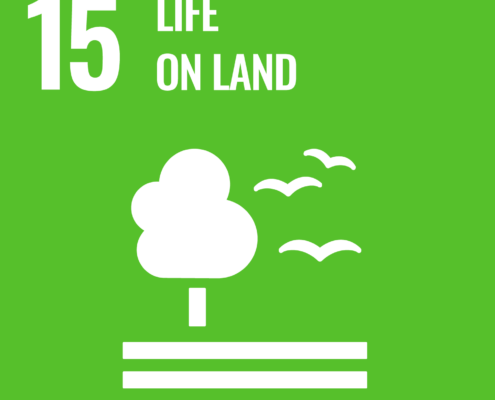Agroforestry plots for supporting food self-sufficiency of families in Cochabamba
Agroforestry helps families grow their own food
Many families from rural regions have settled in the outskirts of Cochabamba, one of Bolivia’s largest cities. In some respects, however, the families live in less favourable conditions there than in the countryside. The sanitary infrastructure in the city outskirts is inadequate. In addition, the neighbourhoods are almost devoid of trees, because vegetation is completely removed during the creation of building sites. The soil is compacted and the bare ground gets hot. As a result, it is difficult for the families to grow food in their home gardens. The higher food prices in the urban region compared to rural areas place an additional economic burden on families.
Agroforestry offers a solution here: it combines many types of crops such as trees, shrubs and vegetables in a small area, which means that even small plots of land can be used to grow a wide variety of foodstuffs and to produce fodder foliage and wood. The resulting soil improvement supports the productive usage of the plots in the long term. Families can thus become self-sufficient. Furthermore, the agroforestry systems have positive effects on the microclimate and enhance the environment and living environment in peri-urban areas.
In our project, four families or women living alone will set up an agroforestry plot of approx. 300 square meters on previously wasteland on their property, and they will be empowered to become self-sufficient and permanently master the cultivation practice. This enables them to achieve a more stable economic situation. In addition, the installation of dry toilets will significantly improve the sanitary infrastructure in their home. The participants will also learn how to propagate trees and are trained in passing on agroforestry knowledge. In this way, they support the establishment of such cultivation systems by other families in the region.
The project was developed together with the local NGO Fundación AGRECOL Andes (FAA) and the local educational partner Mollesnejta, the Institute for Andean Agroforestry, and implemented with these partners.
We would like to thank the Niedersächsische Bingo-Umweltstiftung for funding this project. The Niedersächsische Bingo-Umweltstiftung supports environmental and nature conservation projects as well as projects in favour of development cooperation and the preservation of historical monuments. The foundation is financed by the gambling levy and above all by proceeds from the Bingo environmental lottery. Find out more here.

